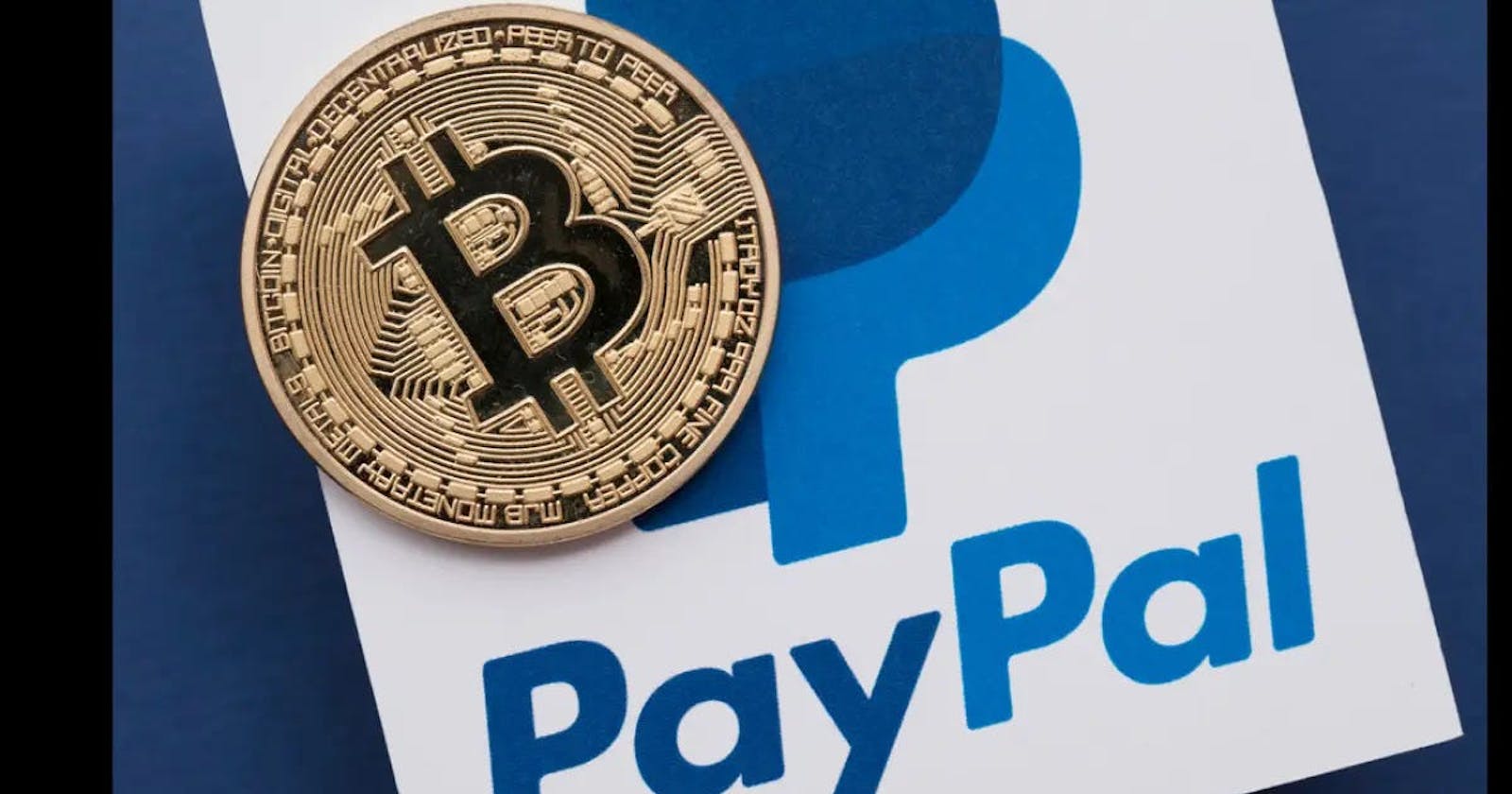Introduction
In recent times, PayPal, the widely-used online payment system, has been under scrutiny for various reasons, ranging from freezing users’ funds to implementing controversial policies. As a result, an increasing number of people, including prominent figures associated with PayPal’s founding, are choosing to sever ties with the platform. In this blog post, we’ll delve into the implications for individuals who rely on digital payment systems. Moreover, we’ll examine alternative options that prioritize decentralization and individual control, with a focus on Bitcoin.
The Downfall of PayPal’s Reputation
If you were running a company whose stock had plummeted by 70 per cent over the past 15 months, compounded by widespread dissatisfaction due to frozen funds and an extended history of unfair treatment, what would you do? PayPal, unfortunately, seemed to have taken the route of exacerbating the public’s animosity by embracing what some perceive as “wokeness.” By threatening to deduct $2,500 from users’ accounts for spreading what PayPal deems “misinformation,” the company further antagonized its user base. This policy, characterized by vague terms subject to PayPal’s sole discretion, ignited a firestorm of criticism.
A Call for Account Deletion
With PayPal’s controversial policy announcement, influential figures associated with PayPal’s early days, such as David Sacks, David Marcus, and Elon Musk, urged users to delete their PayPal accounts. As a result, many people responded by severing their ties with the platform.
The Problem with Trust
PayPal’s attempt to backtrack on its contentious policy does little to restore trust once it has been eroded. When a company consistently engages in questionable practices and demonstrates a disregard for its users, it becomes increasingly challenging to regain that trust. PayPal’s insertion of problematic language into its policies and its history of mistreating customers have created an atmosphere of doubt and scepticism. It begs the question: Can PayPal truly be considered a trustworthy company?
Consider Alternatives
Bitcoin to the Rescue: Reflecting on PayPal’s downward trajectory and the need for an alternative, one digital currency stands out: Bitcoin. While PayPal’s original vision was to create a new global currency, it deviated from its roots, and its acquisition by eBay marked a turning point. Bitcoin, on the other hand, aligns with the principles of permissionless transactions, censorship resistance, and resistance to central bank interference. Moving forward, it might be worth considering a transition to the Bitcoin network as a reliable substitute for services like PayPal and Venmo.
Bitcoin Wallet Apps for Seamless Transactions
To facilitate the transition to Bitcoin-based transactions, several user-friendly apps can assist in sending and receiving funds. Two noteworthy apps are the Strike app and the Muun app. The Strike app allows users to send both Bitcoin and fiat currency, which are converted and transmitted via the Lightning Network. The Moon app, a self-custodial Bitcoin wallet, empowers individuals to hold their keys, facilitating transactions over the Bitcoin network. These apps provide viable alternatives that prioritize user control and the support of the Bitcoin ecosystem.
The Future of Money
As banks and fintech companies continue to disappoint their customers, and alternative cryptocurrencies often fail to deliver on their promises, Bitcoin emerges as the frontrunner in the game of money. Bitcoin’s resistance to censorship, its decentralization, and its potential to transcend political and economic barriers make it an increasingly attractive choice. With the advent of government-controlled central bank digital currencies (CBDCs), Bitcoin’s importance becomes even more pronounced. If you’re already dissatisfied with platforms like PayPal, the idea of a government-controlled payment system will likely be even more concerning.
Conclusion
In conclusion, my decision to delete my PayPal account stems from a growing disillusionment with the company’s practices and policies. PayPal’s recent controversial actions, combined with a history of mistreatment, have eroded trust in the platform. In contrast, Bitcoin presents itself as a decentralized, censorship-resistant alternative. By exploring Bitcoin wallet apps like Strike and Muun, users can transition towards a more secure and user-centric financial ecosystem. As the future of money unfolds, Bitcoin’s resilience and capacity to provide financial autonomy make it a compelling choice for individuals seeking control over their funds and transactions.

